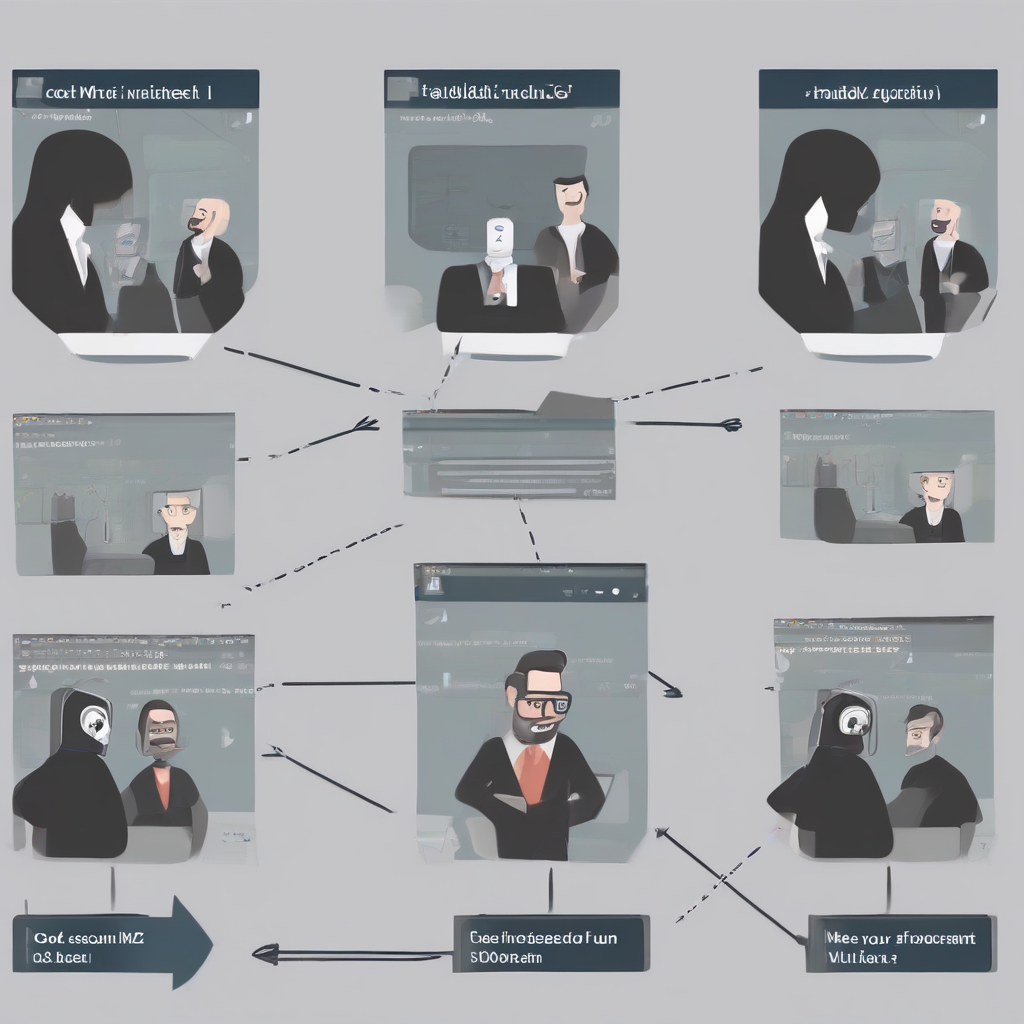
Navigating the Florida Sunshine State’s Internet Options: A Comprehensive Guide to Providers
Florida, with its diverse geography and booming population, presents a complex landscape for internet service providers (ISPs). Choosing the right provider can significantly impact your daily life, whether you’re a remote worker, a streamer, or simply need reliable connectivity. This guide provides a detailed overview of major internet providers in Florida, comparing their services, coverage areas, and pricing to help you make an informed decision.
Major Internet Service Providers in Florida
-
Comcast Xfinity
- Coverage: Extensive coverage across Florida, including major cities and many rural areas. However, availability varies significantly by location.
- Services Offered: Offers a wide range of internet plans, from low-speed options to high-speed gigabit internet, along with bundled packages including cable TV and phone services.
- Pricing: Prices vary depending on plan speed and bundled services. Generally, Xfinity offers competitive pricing, often with introductory offers.
- Pros: Widely available, multiple plan options, bundled services, strong customer support (generally speaking).
- Cons: Data caps on some plans, potential for price increases after introductory periods, customer service experiences can be inconsistent.
-
AT&T
- Coverage: Significant coverage across Florida, particularly in urban and suburban areas. Fiber availability is expanding but not yet ubiquitous.
- Services Offered: Offers a range of internet services, including DSL, fiber optic internet (AT&T Fiber), and wireless internet (through 5G home internet). Bundled services with phone and TV are also available.
- Pricing: Pricing varies widely depending on the technology used (DSL, fiber, 5G). Fiber plans generally offer higher speeds and prices than DSL.
- Pros: Widely available fiber optic internet in expanding areas, competitive pricing on fiber plans, reliable service (generally speaking).
- Cons: DSL speeds can be limited, fiber availability varies by location, some customers report inconsistent customer service.
-
Spectrum
- Coverage: Broad coverage across Florida, primarily in urban and suburban areas. Rural coverage is less extensive.
- Services Offered: Offers internet plans with various speeds, along with bundled packages including cable TV and phone services. They are known for their cable internet services.
- Pricing: Competitive pricing, often with introductory offers. Prices can fluctuate depending on plan speed and bundled services.
- Pros: Widely available, competitive pricing, bundled services, generally reliable speeds.
- Cons: Data caps on some plans, potential for price increases after introductory periods, customer service experiences can vary.
-
Frontier
- Coverage: Focuses primarily on serving rural and suburban areas in Florida where other providers may have limited reach.
- Services Offered: Primarily offers DSL internet, although fiber internet availability is expanding in certain areas.
- Pricing: Pricing is competitive in areas with limited choices, but speeds may be slower than cable or fiber options.
- Pros: Offers service in areas underserved by other providers, competitive pricing in its service area.
- Cons: Limited speeds compared to cable and fiber, availability is geographically restricted, customer service reviews can be mixed.
-
Verizon
- Coverage: Expanding fiber optic internet availability in select Florida areas. Also offers 5G home internet.
- Services Offered: Verizon Fios provides high-speed fiber internet in areas where it’s available. 5G Home internet offers a wireless alternative.
- Pricing: Fiber plans are typically priced competitively, though 5G home internet may be more expensive than traditional fiber or cable options.
- Pros: High-speed fiber internet where available, reliable service (generally speaking) for fiber, 5G offers an alternative in underserved areas.
- Cons: Fiber availability is limited geographically, 5G home internet can be more expensive and dependent on reliable cellular signal.
-
Smaller Regional and Local Providers
- Coverage: These providers often serve specific regions or smaller communities in Florida. Their coverage areas are limited.
- Services Offered: Services vary, ranging from DSL to fiber optic, but often with fewer plan options than larger national providers.
- Pricing: Pricing can be competitive in their local areas, sometimes offering better value depending on location and specific needs.
- Pros: May provide better customer service due to smaller scale, potential for better value in local markets.
- Cons: Limited coverage, fewer plan options, potential for less reliable service compared to larger providers.
Factors to Consider When Choosing an Internet Provider in Florida
- Availability: Check which providers serve your specific address. Provider websites usually offer a service availability checker.
- Speed: Consider your internet needs. Streaming, gaming, and video conferencing require higher speeds than basic web browsing.
- Pricing: Compare plans and pricing from different providers, factoring in any introductory offers or contract terms.
- Data Caps: Be aware of any data caps imposed on your plan. Exceeding the cap can result in additional charges or reduced speeds.
- Contract Terms: Understand the terms of any contract you sign. Early termination fees can be significant.
- Customer Service: Research customer service reviews to get an idea of the provider’s responsiveness and helpfulness.
- Bundled Services: Consider whether bundling internet with cable TV or phone service offers cost savings.
Conclusion (Omitted as per instructions)


